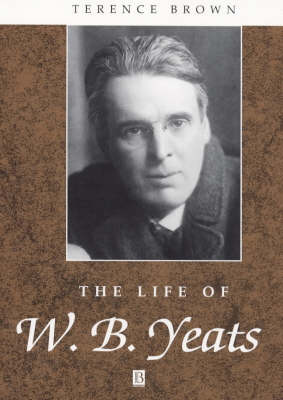W.B. Yeats, widely regarded as the greatest English-language poet of the twentieth century, believed that the life of a lyric poet was an experiment in living that should be told. This new critical biography seeks to tell that story as it unfolded in the various contexts in which Yeats worked as an artist and as a public figure. It considers a career that began in the late Victorian world of 1880s and 1890s London, which involved a deep commitment to the life of an emergent Ireland in the twentieth century, disillusionment and the alienation from the modern world that made Yeats, who began as a symbolist poet, one of the major figures of the Modernist movement in the second decade of the century. A central focus of this study is Yeats' perennial pursuit of sacral power which he saw as being vested in traditional institutions.It examines how at various stages of his life he sought to acquire such power for himself in such "institutions" as a magical order, a nation, a theatre, the community of the dead, and, climactically, an occult marriage.
The concluding stages of the book assess Yeats' final years as a crisis of that faith in institutions, which had hitherto sustained him in all he attempted. At the last only the institution of the verse itself retained its efficacy in the end. This study allows us to gain a much deeper appreciation of the poet's engagement with occult knowledge and power and with spiritualist illumination. It explores this problematic aspect of the poet's career as bearing on key elements in the experience of modernity: the roles of science and religion, the emancipation of women and the artistic representation of the body. In this book all Yeats' major works as poet and dramatist are considered in the contexts in which they came to be written and published.
- ISBN10 0631182985
- ISBN13 9780631182986
- Publish Date 11 November 1999
- Publish Status Active
- Publish Country GB
- Publisher John Wiley and Sons Ltd
- Imprint Blackwell Publishers
- Format Hardcover
- Pages 424
- Language English
